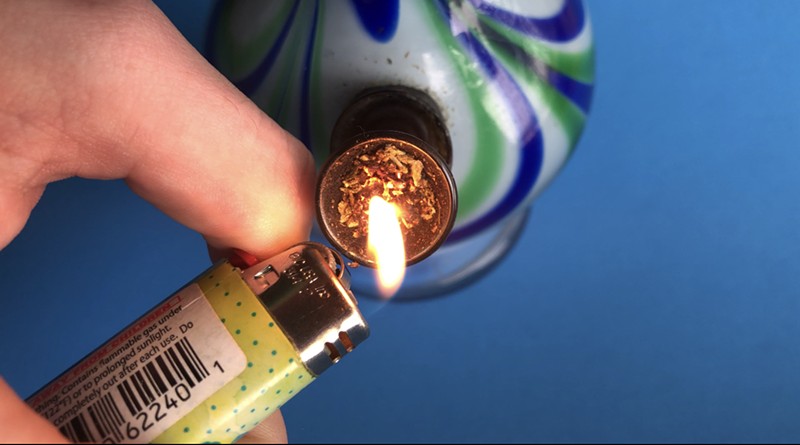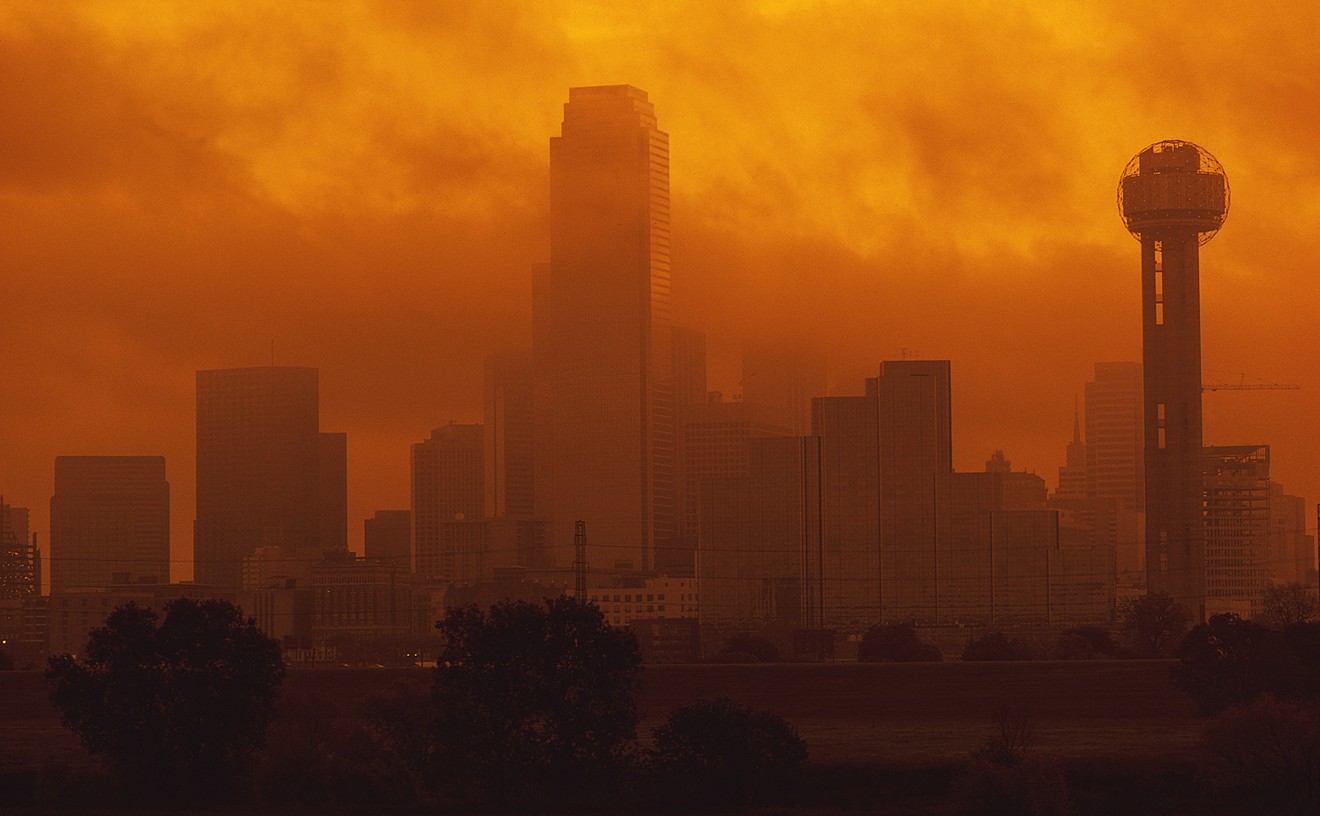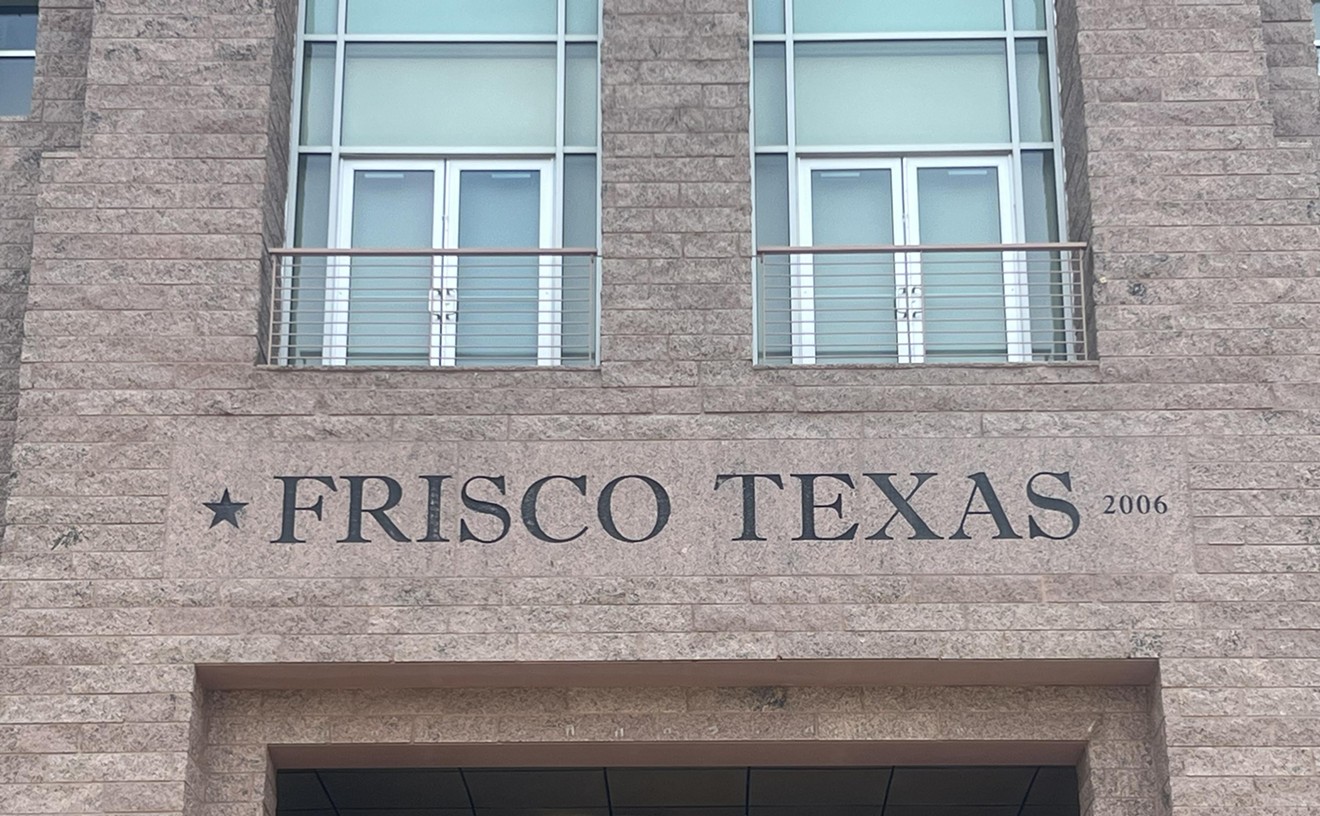State and federal laws made hemp legal a few years ago, defining it as cannabis with 0.3% delta-9 THC or less. Delta-9 THC is the chief psychoactive component in marijuana that gets people high. There are different forms of THC, called isomers, such as delta-8 THC and delta-10 THC. There’s also THCA, the precursor to delta-9. When heated, like in a joint, the THCA converts into delta-9, which will intoxicate a user.
Sammy Rippamonti, a spokesperson for the department, said in a press release that the search and seizure warrants were obtained and executed following an in-depth investigation into the sale of illegal THC products. The warrants were carried out with support from the Drug Enforcement Administration Dallas Field Division and the Collin County Sheriff’s Office.
“The operation is part of an ongoing effort to eliminate the distribution of illegal vaping products that contain THC above the legal threshold,” Rippamonti said in the press release.
On top of the arrests, police confiscated products from the shops that they claim contain illegal amounts of THC, between 7% and 78%. Law enforcement also destroyed other retail products, took point-of-sale systems and records, and employees’ personal computers.“We are going to be handling this, and I think that they’re going to find out that they are very wrong in what they’ve done.” – David Sergi, attorney
tweet this
The recent action by law enforcement in Allen is an escalation of previous attempts to address shops that might be selling illegal THC products. In May, some businesses received a letter stating that they were carrying products with illegal amounts of THC. Then, the city tried proposing some additional regulations on the shops, which included a slightly amended definition of hemp; however, those regulations were never approved by the city. Earlier this month, we caught wind of DEA action against Allen hemp shops.
The agency subpoenaed nearly all of the hemp shops in Allen, requesting they turn over their records. However, a federal judge said the businesses didn’t have to submit all of the information and stopped the subpoena. David Sergi, a Texas cannabis attorney representing eight of the nine raided shops, said he thinks the recent action by law enforcement violates the federal judge’s order.
“DEA basically circumvented the federal judge by going to a state district court judge with the city of Allen and then participating in the raids,” Sergi said. “We are going to be handling this, and I think that they’re going to find out that they are very wrong in what they’ve done.”
Sergi believes that the department and DEA are looking at total THC numbers instead of focusing on the delta-9 content in the products. He also thinks the form of testing that might have been used is inappropriate and doesn’t accurately reflect what’s in the products law enforcement analyzed. Generally, law enforcement uses a method of testing called gas chromatography-mass spectrometry. This method uses heat and can convert THCA into delta-9. Sergi said this can make otherwise legal products appear illegal. People in the cannabis industry generally use a different method called High Performance Liquid Chromatography, which doesn’t use heat. “High Performance Liquid Chromatography (HPLC) is the scientific gold standard for testing these products accurately without changing their chemical makeup,” the attorney said.
On Thursday, we sat down with Allen Police Chief Steve Dye and Eduardo A. Chávez, special agent in charge for DEA’s Dallas Field Division, but we didn’t learn much we didn’t already know. Chávez didn’t want to comment on the blocked DEA subpoena, citing an ongoing investigation.
The two also wouldn’t say whether they were looking at total THC content or what method of testing was used on the products. “That’s a chemist question,” Dye said. “We send those to certified labs who have the certified chemists that do that for us. What I do is I take those results and I very simply overlay them onto the penal code.”
Neither wanted to comment on the legality of products such as THCA, delta-8 and delta-10.
Dye said he was worried about what high THC levels can do to young minds and that people under 21 were able to purchase products from some of these shops. “My job is quality of life,” Dye said. “My job is protecting our community. So that's exactly the focus of our investigation.”
Those arrested this week have been charged with manufacturing and delivery of THC products. It didn’t have to be this way, Sergi said.
When the hemp shops were notified a couple of months ago that they might be selling products with too much THC, these products were removed from the store shelves, Sergi explained. He believes that could have happened this time, but the police opted for the raids instead.
“Had they done the same thing with the products they seized we could have worked on this together," Sergi noted. "As opposed to turning this into a battle that does not need to be fought."













